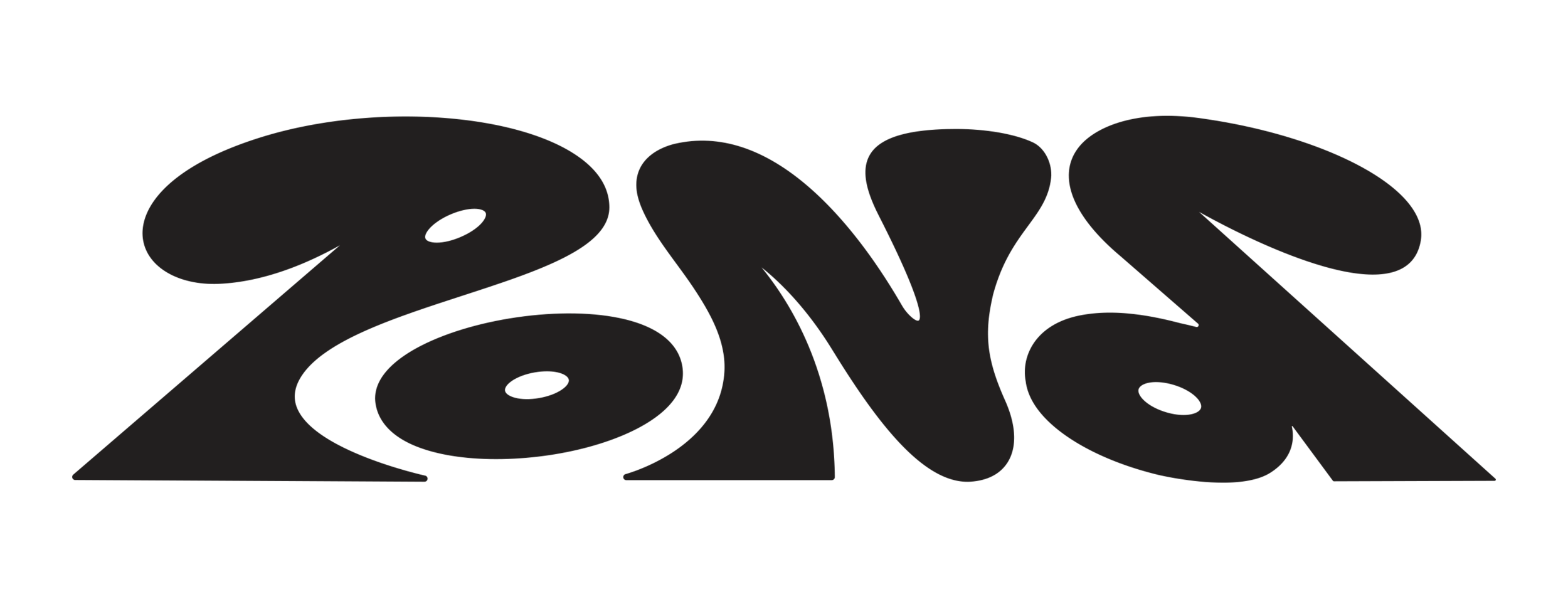Interview: KiNG
BY RACHEL CABITT
Photographed by JACQUELINE HARRIET
I first met KiNG during my freshman year of college at NYU. She was best friends with my neighbors across the hall, and we became friends on Facebook like everyone does today. After fall semester I didn’t see her around as much, but followed her presence online, where the words of her poems lived. Her poems were a breath of fresh air, breaking up my endless feed of selfies and memes in the form of Facebook statuses: “but the thing with mirrors is that they lie and mine pulled my last lover out of my womb in a tangled heap of limbs because I had loved him more than I understood myself.”
Three years later, these words no longer lived solely on my Facebook newsfeed. They’ve been competed by Slam Poetry teams, performed on All Def Poetry, at Da Poetry Lounge in Los Angeles, have been featured on the Huffington Post, and are now contributing to a new music trio; all through the honest and compelling voice of KiNG. An activist in her own right, she is one of few in our generation whom we could actually argue makes a difference past her computer screen. So while you’re still on yours, read about one of the most empowering ladies I've been fortunate to know.
POND: What is your earliest memory of poetry?
K: It was A Raisin in the Sun by Langston Hughes in high school. That poem really spoke to me, but I still wasn’t interested in poetry at all in high school. Because it was all, ya know... how we learn poems in high school is problematic. We don’t learn about anything contemporary. So we think it’s all iambic pentameter, and alliteration, and so focused on rhyme scheme and sonnet and whatever the fuck and it becomes something you hate because there’s too much focus on structure and not on content or feeling. Also, none of the poems I read in school made any fucking sense. Looking back, I’m a poet now, and I’ll read some of what I read in school and still be like, “I don’t know what you’re saying and I want to understand, but it’s just not happening.” Which is unfortunate, because I think a lot of kids don’t realize that poetry is such a great vehicle of expression they could benefit from.
